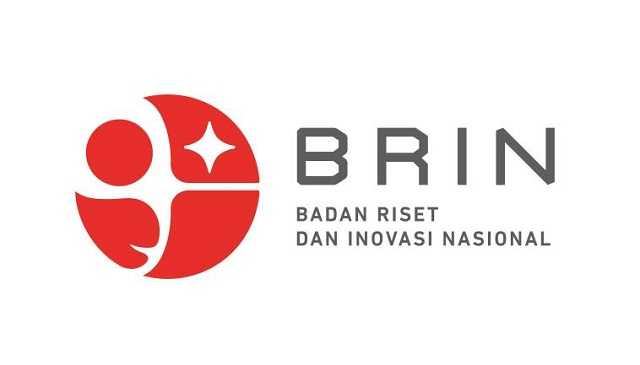JAKARTA, Indonesia – So many specific types of coffee from plantations from various regions in Indonesia are registered and obtained Geographical Indication (GI) certificates, such as: Arabica Gayo, Arabica North Simalungun, Arabica Sumatra Mandailing, Arabica Java Preanger, Arabica Sindoro-Sumbing, Liberica Tunggal Jambi, Liberica Rangsang Meranti, Robusta Semendo, Robusta Empat Lawang, Robusta Lampung, and Robusta Temanggung.
Coffee with a geographical indication certificate has a huge export opportunity in the global market, thus becoming one of the sources of foreign exchange.
In the current condition, the development of coffee agribusiness at the downstream level, such as coffee cafes favored by the millennial generation, is a huge opportunity for coffee marketing in Indonesia. By looking at this need, an increase in marketing volume will be able to improve the welfare of the community, especially coffee producers and agribusiness actors.
However, it is important to note that the increasing global demand for coffee needs to be anticipated by Indonesia through a sustainable increase in coffee production.
In fact, over the past 10 years (2010-2020), the level of coffee productivity in Indonesia when compared to the availability of land, is still low. There was a decrease in harvested area from 1.27 million ha to 1.25 million ha, or an average decrease of 0.14 percent per year. As an export commodity, it turns out that during the last decade the volume of coffee exports has also decreased from 432,781 tons to 375,671 tons, or an average decrease of 1.41 percent per year. This means that farmers’ interest in maintaining coffee plants has declined.
Researchers from BRIN, Indonesia’s National Research and Innovation Agency, believe that this is due to the low incentives received by farmers, resulting in a lack of encouragement to increase production.
As stated by the Head of the Governance, Government, Economy, and Public Welfare Research Organization (OR TKPEKM), Agus Eko Nugroho, “The support of market players for farmers has not been established with mutually beneficial ties. Each party or market actor conducts market activities, without being based on a partnership relationship that shares roles to obtain proportional benefits,” he explained.
According to him, farmers as producers do not have a strong bargaining position. It is difficult for them to determine the price according to their wishes and they have to accept the price determined by the traders. Other factors include scattered and hard-to-reach production locations, limited market information, suboptimal product quality, and unavoidable cash needs at the farm level.
Thus, to sustain this business, coffee producers must also have the capacity and capability to produce and process their products to obtain added value and high prices in the market.
The government should seek technological breakthroughs and strategic policies in the development of coffee agribusiness in Indonesia. One of them is by establishing business partnerships that link market actors in coffee development, in order to ensure an increase in farmers’ income.
To ensure the availability of production technology, the government can create opportunities by adopting from high-productivity countries. Therefore, it is necessary to assess the current constraints and opportunities of agribusiness. It is then necessary to formulate alternative strategies for utilizing opportunities to increase production and penetrate the export market. This step will be able to increase the income and welfare of the coffee agribusiness community in Indonesia in a sustainable manner.
For information, this activity presented experts and practitioners. They are Prof. Dr. Ir. Dwidjono Hadi Darwanto, MS. (Professor of Agricultural Economics/Agribusiness UGM), Dr. Prayudi Syamsuri, SP, M.Si. (Director of Processing and Marketing of Plantation Products, Ministry of Agriculture), Dr. Pandu Laksono, S.P., M. GFAB. (Researcher at BRIN’s Behavioral and Circular Economy Research Center), and Mukidi (Coffee agribusiness practitioner).


















